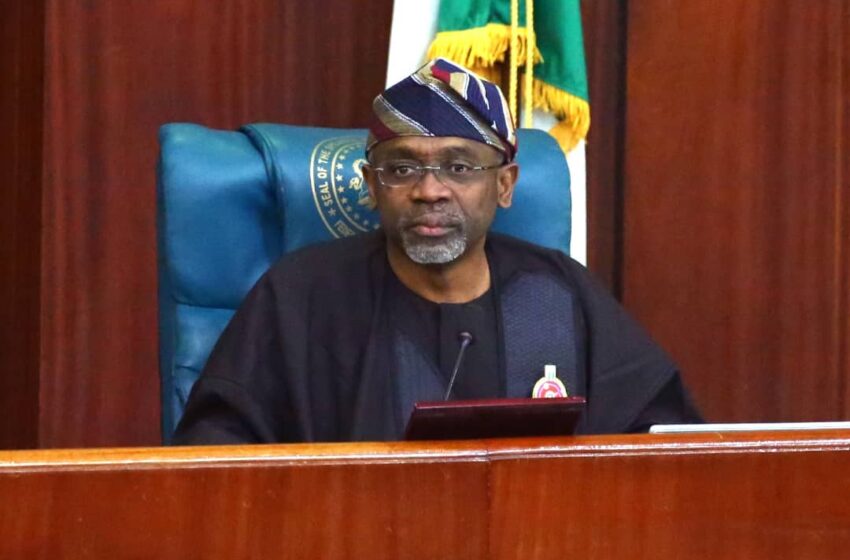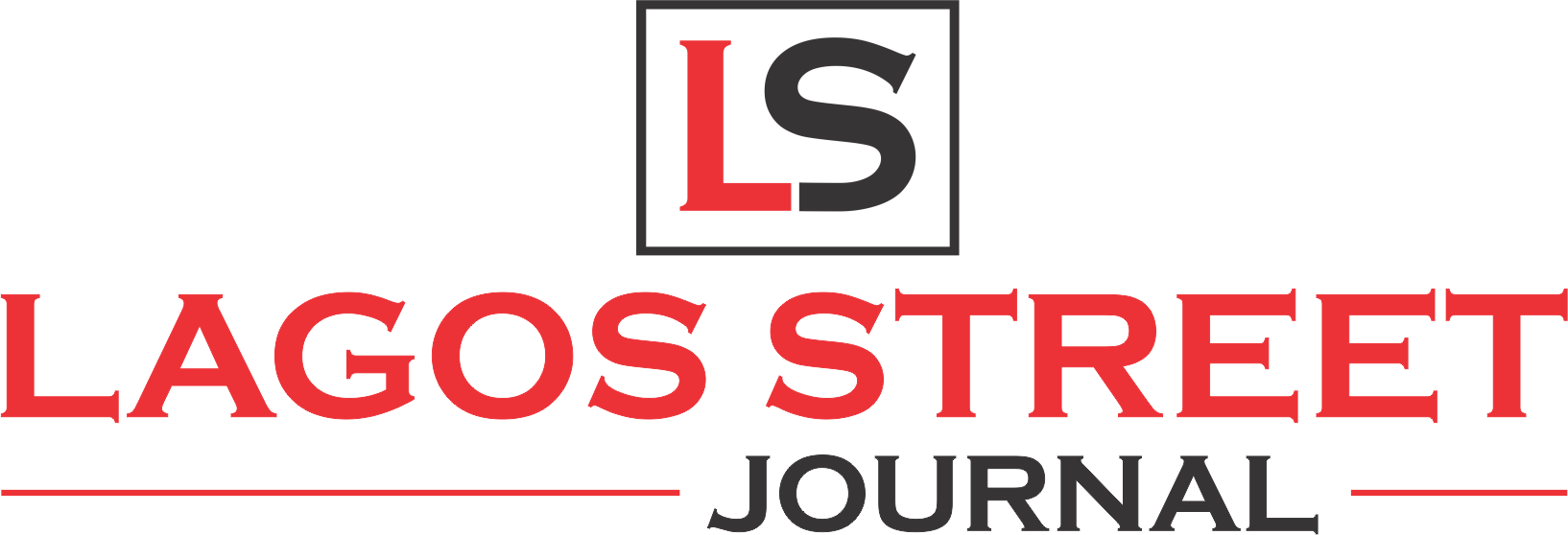Witness narrates how Ex-HoS, allies diverted public funds to private companies in court
Power sector not functioning optimally to meet demand, Gbajabiamila laments


By Joseph Ayinde
The Speaker, House of Representatives, Hon Femi Gbajabiamila, has lamented that, despite Nigeria’s power generating and distribution capacities, the sector has failed to function optimally to meet the needs of its population.
He disclosed this while declaring open the public hearing on Power Sector Reform Act Amendment bill held by the House Committee on Tuesday.
He said: “Every Nigerian understands that the electric power sector in Nigeria is not performing optimally.
“Most people recognise that a situation where we cannot expect twenty-four-hour electricity in our cities and many rural areas remain wholly disconnected from the benefits of access to electricity is unacceptable.
“We all, for the most part, agree that it is the responsibility of the government to do something about this situation.”
He noted that the Electric Power Sector Reform Act, 2005 was a substantial piece of legislation and remains the most significant statutory reform of the power sector in Nigeria for a generation.
“When it was written and passed into law, it was intended that the provisions of the Act would establish a new framework for optimal public-private sector collaboration to accelerate development in the power sector and promote efficiency across the power sector value chain.
“The extent to which these expectations have been met is one of the many issues in contention. Answering the question of what needs to be done to improve the Act so that it serves the best purposes of our country is the reason we have gathered here in this public hearing.”
Meanwhile stakeholders in the power sector have expressed their support for the establishment of Nigeria Institute of Power Engineers
Giving the NIPEN position paper, NIPEN President, Engineer Israel Eseghogbon Abraham, observed that by virtue of section 4, item 36 of the Exclusive List to 1999 Constitution (as amended), the National Assembly has powers to approve the creation of new professional disciplines and professional regulatory bodies to guide the ethical and disciplined practice of such professions.
He said, in exercise of such powers the National Assembly can enact the Chartered Institute of Power Engineers (CIPEN) as the special enactment on the regulation and practice of power engineering profession.
He said: “From all the narrative proffered above that every industry have its professionals and the Electricity sector cannot be in isolation, considering it importance. If Nigeria wants to rise and become an advanced economy, it has to have its own industrial base and might.
“To reach that stage, one of the main criteria is that its power engineering practitioners or professionals thereof should be well versed in the latest skills and technological developments which will culminates in their ability to churn out products and exhibit processes competence in their chosen industry practice.
“To achieve that status, the only solution is the path of independent regulation for its professionals that will create an environment of excellence through professional self-regulation”.
On his part, Chairman of the House Committee on Power, Magaji Da’u Aliyu (APC, Jigawa) the public hearing was to address gaps in the existing laws to strengthen the Nigerian power sector for efficient service delivery.








